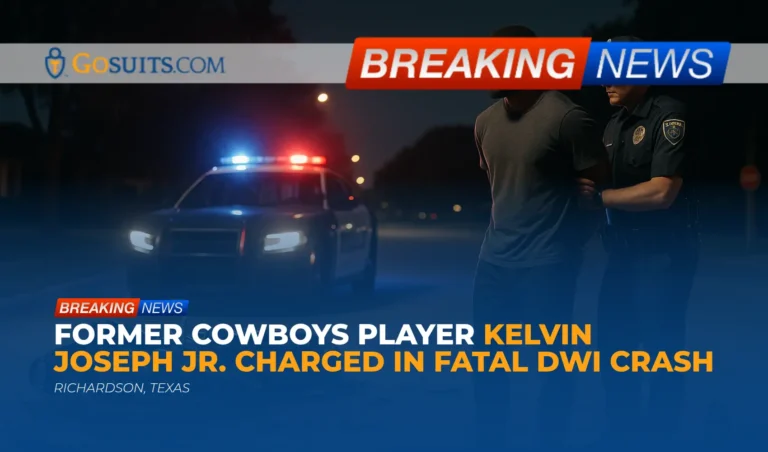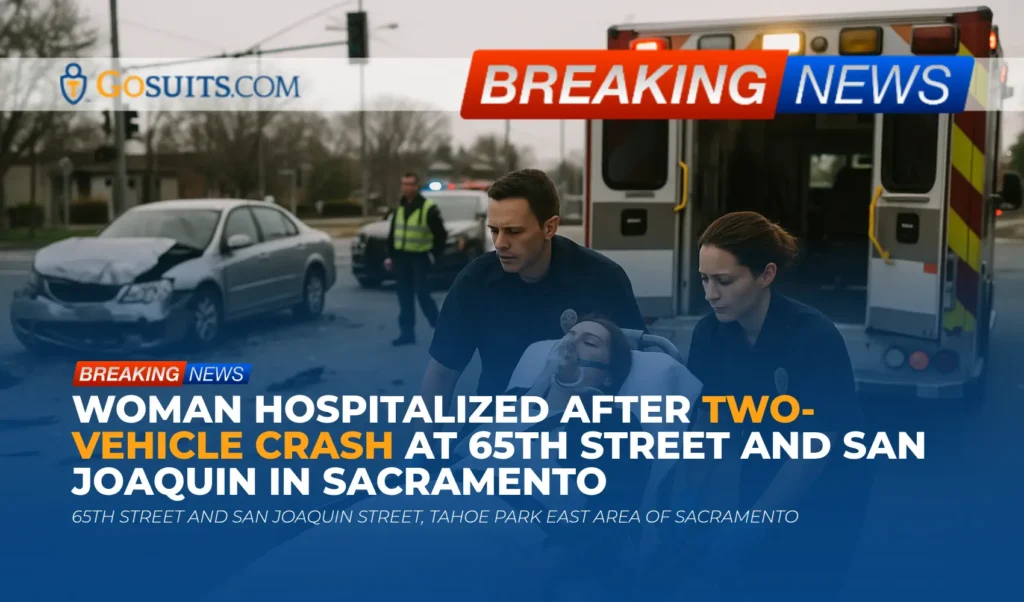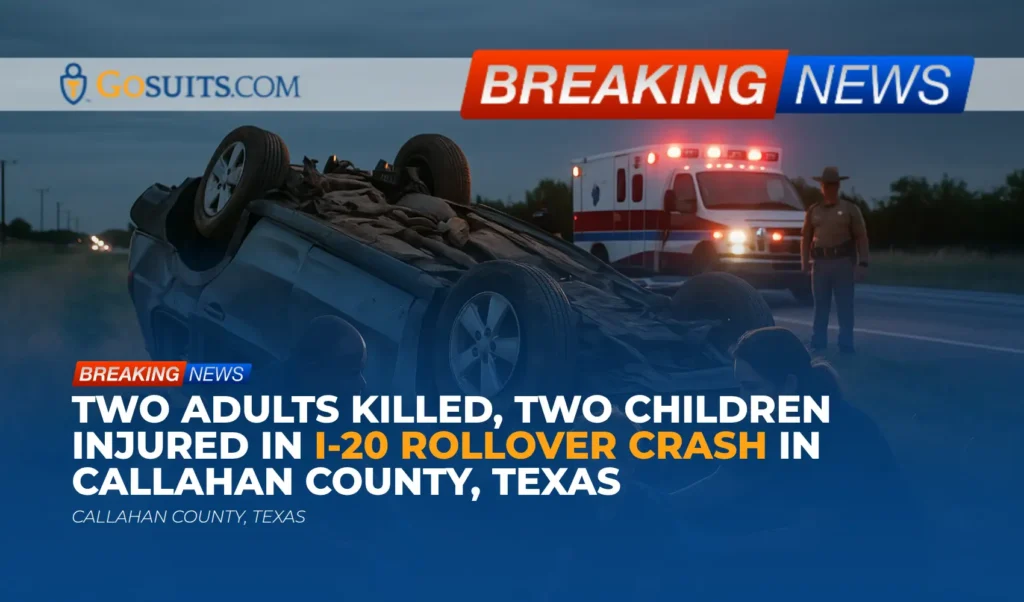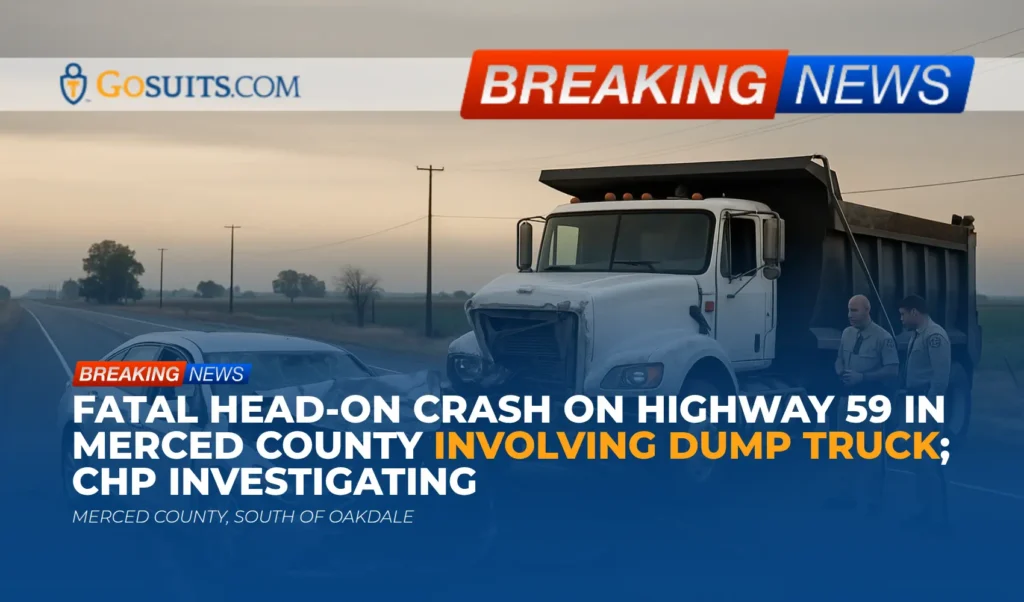A tragic motorcycle crash in Richardson, Texas, has resulted in the death of 27-year-old Cody Morris and the arrest of former Dallas Cowboys cornerback Kelvin Joseph Jr., 25. Joseph Jr. faces charges of driving while intoxicated (DWI) and collision involving death, also known as leaving the scene of an accident, after confessing to his involvement in the crash. This incident underscores the devastating consequences of impaired driving and highlights the potential for complex legal issues, including wrongful death claims.
Incident Overview
The Richardson Police Department (PD) responded to a crash in the northbound lanes of North Central Expressway near Park Boulevard just before 5 a.m. on Saturday. Upon arrival, officers discovered the scene of a motorcycle accident, but no other vehicles or individuals were present. Cody Morris, the 27-year-old motorcycle driver from Plano, was pronounced dead at the scene.
Shortly after 5:30 a.m., the Plano Police Department received a call from Kelvin Joseph Jr., a former Cowboys cornerback residing in Allen, who admitted to being involved in the crash.
Arrest and Charges
Richardson PD officers contacted Joseph Jr., who stated he had been driving a BMW sedan when he collided with the motorcycle. Officers reported observing signs of intoxication while speaking with Joseph Jr., leading to his arrest.
Joseph Jr. has been charged with driving while intoxicated (DWI) and collision involving death, a charge that encompasses leaving the scene of an accident resulting in a fatality.
The Legal Implications of DWI and Leaving the Scene
The charges against Kelvin Joseph Jr. carry significant legal consequences, both in the criminal justice system and the civil arena. From a personal injury perspective, the charges of DWI and collision involving death strongly suggest negligence, which is a key element in a potential wrongful death claim.
Wrongful Death Claims in Texas
In Texas, a wrongful death claim is a civil lawsuit brought by the surviving family members of a person who has died as a result of another party’s negligence or wrongful act. The purpose of a wrongful death claim is to seek compensation for the economic and non-economic damages the family has suffered due to their loss.
Who Can File a Wrongful Death Lawsuit?
Under Texas law, the following individuals are eligible to file a wrongful death claim:
- The surviving spouse
- The children of the deceased
- The parents of the deceased
If none of these individuals have filed a lawsuit within three months of the death, the executor or administrator of the deceased’s estate may file a claim.
Proving a Wrongful Death Case
To be successful in a wrongful death case, the plaintiff (the party filing the lawsuit) must establish several key elements:
- Duty of Care: The defendant (the party being sued) owed a duty of care to the deceased. All drivers have a legal duty to operate their vehicles safely and to follow traffic laws.
- Breach of Duty: The defendant breached that duty of care. Driving while intoxicated, speeding, reckless driving, and leaving the scene of an accident are all examples of breaching the duty of care.
- Causation: The defendant’s breach of duty directly caused the death of the deceased. There must be a clear link between the defendant’s actions and the victim’s fatal injuries.
- Damages: The surviving family members have suffered damages as a result of the death.

Damages Available in a Wrongful Death Claim
In a Texas wrongful death case, the surviving family members may be entitled to recover several types of damages, including:
- Funeral and Burial Expenses: Compensation for the costs associated with funeral arrangements and burial services.
- Medical Expenses: Reimbursement for medical bills incurred for the deceased’s treatment as a result of the accident prior to their death.
- Lost Earning Capacity: Compensation for the income the deceased would have earned over their lifetime. This is typically calculated based on the deceased’s earning history, age, education, and occupation.
- Loss of Companionship and Society: Damages for the emotional loss suffered by the family due to the loss of the deceased’s love, companionship, comfort, and guidance.
- Mental Anguish: Compensation for the emotional distress, grief, and sorrow experienced by the surviving family members.
Punitive Damages in Cases Involving Intoxication
In Texas, punitive damages may be awarded in wrongful death cases if the defendant’s conduct was particularly egregious, malicious, or grossly negligent. Gross negligence involves an extreme degree of carelessness and a conscious indifference to the rights or safety of others.
Driving while intoxicated is often considered grossly negligent behavior, especially when it results in a fatality. Therefore, in this case, the family of Cody Morris may be able to pursue punitive damages against Kelvin Joseph Jr. to punish his actions and deter others from similar conduct.
Legal Implications of Leaving the Scene of an Accident
The charge of collision involving death, also known as leaving the scene of a fatal accident, carries significant legal weight. Under Texas law, drivers have a legal obligation to stop and render aid if they are involved in a crash that results in injury or death. Failure to do so can result in serious criminal penalties, as well as civil liability.
Leaving the scene of an accident can also be seen as an admission of guilt or an attempt to avoid responsibility, which can strengthen a civil claim against the driver.
Motorcycle Accidents: Factors and Considerations
Motorcycle accidents often result in severe injuries or fatalities due to the limited protection afforded to riders. Some common factors that contribute to motorcycle crashes include:
- Driver Negligence: Other drivers failing to see motorcyclists, violating their right-of-way, or driving while distracted or impaired.
- Road Hazards: Potholes, gravel, and uneven surfaces can be more dangerous for motorcycles than cars.
- Speeding: High speeds increase the risk of accidents and the severity of injuries in motorcycle crashes.
- Lack of Visibility: Motorcycles are smaller and more difficult to see than cars, increasing the risk of collisions.
Importance of Investigating the Crash
A thorough investigation is essential to gather all the facts surrounding a fatal crash. In this case, the Richardson Police Department’s Special Crash Investigation Team will likely be involved in:
- Examining the accident scene and documenting evidence
- Interviewing witnesses
- Analyzing vehicle damage
- Reviewing police reports and other official documents
- Obtaining and reviewing medical records and toxicology reports
- Potentially consulting with accident reconstruction to determine the sequence of events

Seeking Guidance from Seasoned Attorneys
The aftermath of a fatal car crash can be an incredibly challenging and emotional time for the victim’s family. Navigating the legal complexities of a wrongful death claim while grieving the loss of a loved one can be overwhelming.
It is crucial for surviving family members to seek guidance from seasoned attorneys who can provide compassionate support and skilled advocacy. A skilled attorney can:
- Conduct an independent investigation of the accident
- Gather and preserve evidence
- Identify all potentially liable parties
- Assess the full extent of damages
- Handle communication and negotiations with insurance companies
- Prepare and file all necessary legal documents
- Represent the family’s interests in court, if necessary
Commentary from Gosuits Richardson Personal Injury Attorney
The fatal motorcycle crash in Richardson involving former Dallas Cowboys player Kelvin Joseph Jr. is a heartbreaking tragedy that highlights the devastating consequences of drunk driving. Cody Morris’s family has suffered an unimaginable loss, and they have the right to seek justice and compensation from all those responsible. This case underscores the importance of making responsible choices behind the wheel and the legal recourse available to victims of drunk driving accidents in Texas. If you or a loved one has been affected by a DWI-related crash, it is essential to contact a seasoned personal injury attorney to understand your rights and explore your options.






